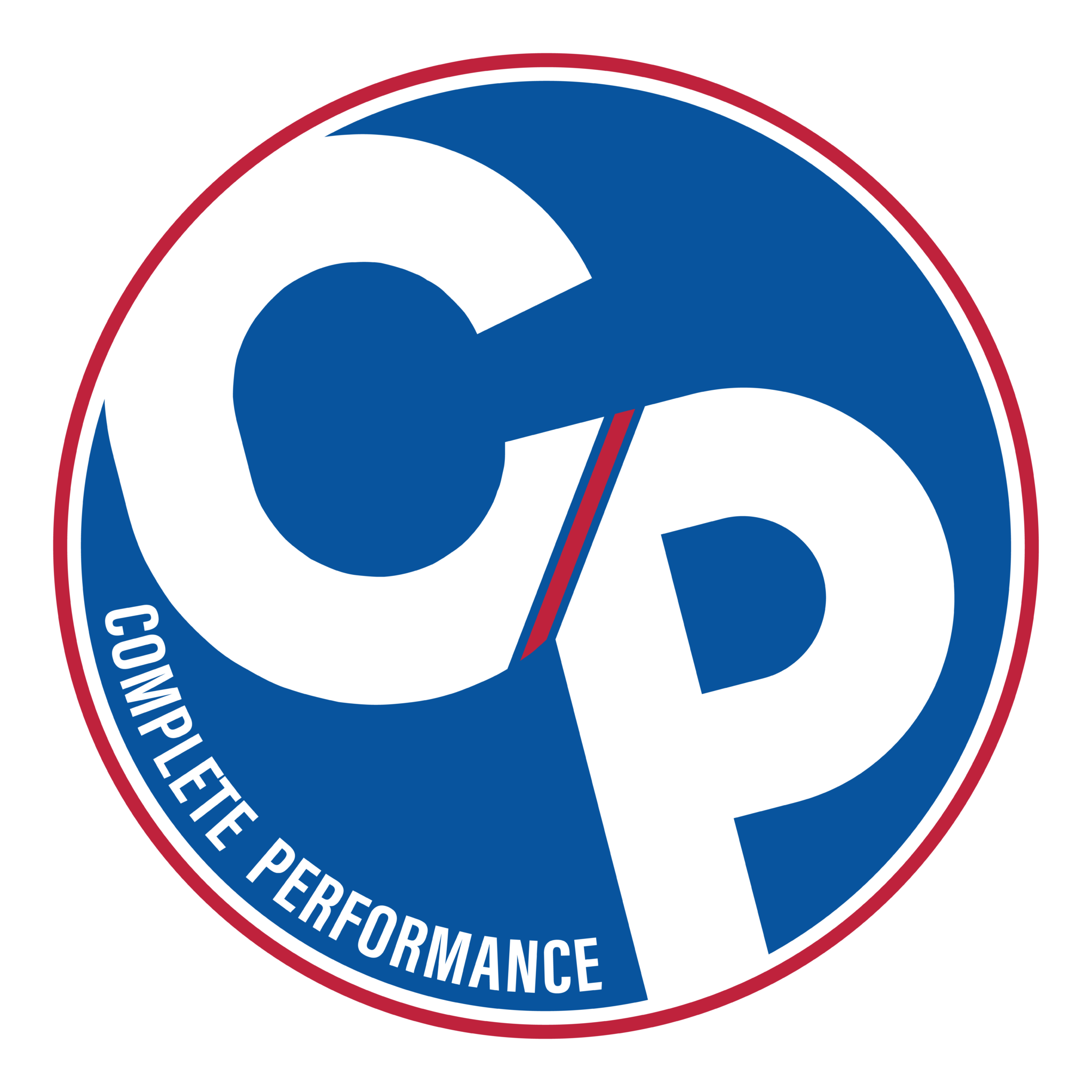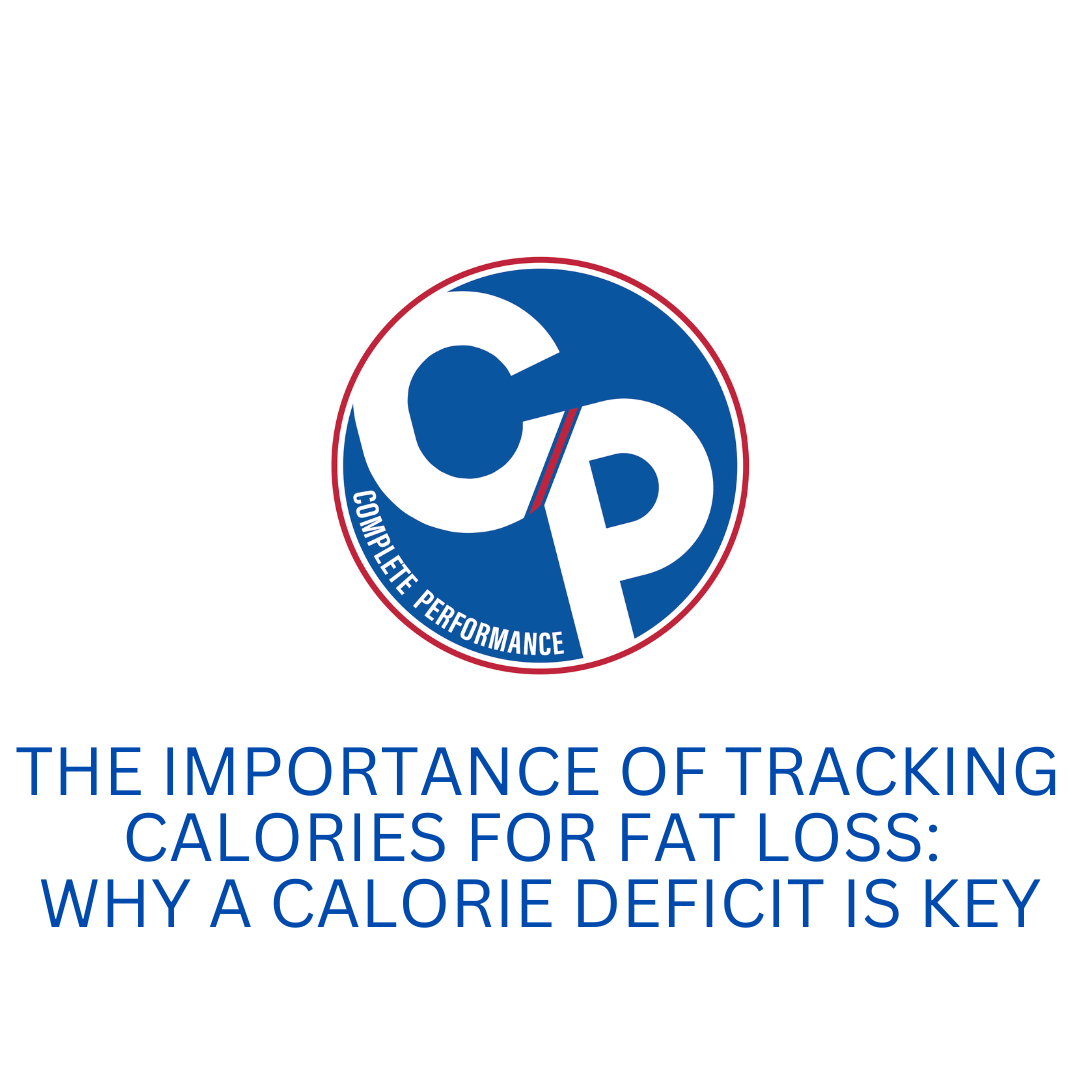When it comes to fat loss, there’s one undeniable truth: the only way to shed those extra pounds is through a calorie deficit. For women between 40 and 60, looking to lose 15 to 20 pounds, this is especially important. Hormonal changes, busy lives, and slowing metabolisms can make weight loss feel like a frustrating battle. But here’s the good news—by understanding and tracking your calories, you can take control of your progress.
What is a Calorie Deficit?
A calorie deficit occurs when you consume fewer calories than your body needs to maintain its current weight. In simpler terms, it’s the gap between the energy (calories) you take in through food and the energy your body burns throughout the day. When your body doesn’t have enough calories from food, it taps into stored fat to make up the difference—resulting in weight loss.
It’s important to know that no fad diet or magic supplement will bypass this law. Whether you’re doing keto, intermittent fasting, or eating “clean,” the principle of weight loss remains the same: calories in versus calories out.
Why Women Over 40 Need to Pay Attention to Calories
Women between the ages of 40 and 60 experience a variety of changes that can make losing weight more challenging, including:
– Hormonal shifts: As estrogen levels drop, fat distribution can change, and it becomes easier to gain fat, particularly around the belly.
– Metabolic slow-down: As we age, muscle mass decreases, leading to a slower metabolism. This means your body burns fewer calories at rest.
– Busy lifestyles: Between work, family, and other commitments, it’s easy to eat on the go or underestimate how many calories are being consumed.
These factors can make it feel like your body is working against you. However, by accurately tracking your calorie intake, you can create the necessary calorie deficit, even in the face of these challenges.
The Power of Tracking Calories to Create a Calorie Deficit for Fat Loss
Tracking calories might seem tedious, but it’s a powerful tool for ensuring you stay in a calorie deficit. Here’s why it works:
1. Awareness: Many people eat more than they realize. Portion sizes can be deceptive, and even healthy foods can pack in more calories than expected. Tracking makes you more aware of how much you’re really eating.
2. Accountability: When you log your meals, you become accountable to yourself. This small habit can prevent mindless snacking or overeating.
3. Flexibility: Tracking allows you to enjoy all foods in moderation, rather than restricting entire food groups. You don’t have to give up treats; you just need to make them fit within your calorie goals.
4. Data-driven decisions: If your weight loss stalls, you can look back at your calorie log and make adjustments. Maybe you’ve been consuming a little more than you thought, or perhaps you need to increase your activity levels. Tracking gives you the information you need to make informed choices.
How to Start Tracking Calories
1. Determine Your Calorie Needs: Use an online calculator or consult with a professional to determine how many calories you need to maintain your weight. To create a calorie deficit, aim to consume about 500 calories less per day, which should result in a safe and sustainable weight loss of 1 pound per week.
2. Choose a Tracking Method: Apps like MyFitnessPal or Lose It! make calorie tracking simple. You can log your meals, snacks, and drinks, and the app will calculate your daily intake.
3. Measure Portions: Accuracy is key. Use a food scale or measuring cups to ensure your portion sizes are correct. Over time, you’ll get better at eyeballing portions, but in the beginning, measuring helps avoid underestimating.
4. Be Consistent: Track everything—even that small bite of a cookie or handful of nuts. These seemingly insignificant bites can add up!
Overcoming Common Obstacles to Tracking Calories
– “I Don’t Have Time”: Tracking calories only takes a few minutes a day, especially once you get into the habit. Many apps save your frequently eaten meals, making it faster over time.
– “I’m Eating Healthy, So I Don’t Need to Track”: Even healthy foods like nuts, avocado, and olive oil are calorie-dense. It’s possible to overeat on healthy foods and still not lose weight.
– “I Don’t Want to Obsess Over Calories”: While it’s important to be mindful, tracking doesn’t have to be stressful. Think of it as a tool that helps you reach your goals, rather than something to fixate on.
Why a Calorie Deficit is Non-Negotiable for Weight Loss
Many diets promise quick fixes and shortcuts, but at the end of the day, there’s no way to lose weight without a calorie deficit. Whether you’re cutting carbs, eating more protein, or following any other method, the common thread in all successful fat loss plans is a calorie deficit.
For women between 40 and 60, this becomes even more important. The changes your body is going through may make it easier to gain weight and harder to lose it, but by tracking your calories and staying consistent, you can reach your goals. You’ll not only see the scale move in the right direction but also feel more empowered and in control of your health.
So, if you’re serious about losing 15 to 20 pounds, start with tracking your calories. It’s a simple yet highly effective strategy that ensures you’re eating the right amount of food to fuel your body and achieve lasting fat loss.






